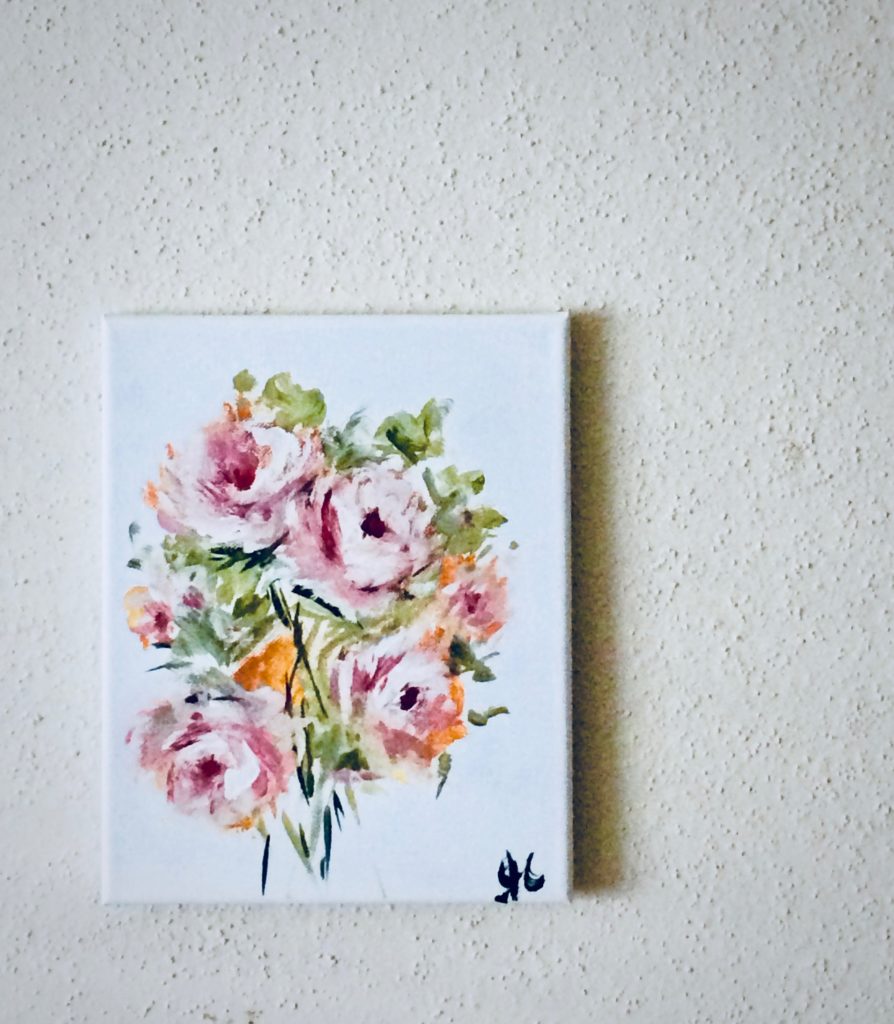My resident tries fairly hard to take care of his patients. When he is with them, I catch him paying attention to all sorts of details that he could have easily let slip past. So it made it all the more difficult when I saw him enraged. When he opened up his list of clinic appointments one morning, on the list was a patient he did not want to see. It was not just that she was a new patient to him. It was not just that her problem list went on like a run-on sentence. It was that both were true, and my resident was still expected to see her in only 15 minutes.
While chart reviewing, he learned that the only consistency in this patient’s medical care at our clinic had been a history of inconsistent providers—and based on their notes, none of them had the complete story. “Why am I even seeing her?!” my resident asked rhetorically, as he frantically searched for answers he knew he did not have the time to find. I wondered, too. This visit seemed to benefit no one except the Billing Department, and even that would depend on whether the Medicare reimbursements actually made it through.
That patient’s experience was hardly unique, though. While rotating through various specialties as a medical student, I have met several patients who were passed from one provider to another. Maybe the provider had to switch services. Maybe they left the institution for better opportunities elsewhere. The reasons were myriad. Stories like those suggest that continuity of care may still only be a priority in primary care literature.
I think one reason for this reality is a lack of incentives to keep doctors and patients together. In any field, including medicine, we see money driving people’s attention and vice versa. Since our country has historically kept primary care on the back burner, there is little evidence to believe that practical incentives for continuity of care will spontaneously appear in the near future.
So, for the primary care fans out there, it might be worth it to start speaking up.
Photo credit: Norbert von der Groeben/Stanford School of Medicine, posted by National Center for Advancing Translational Sciences








